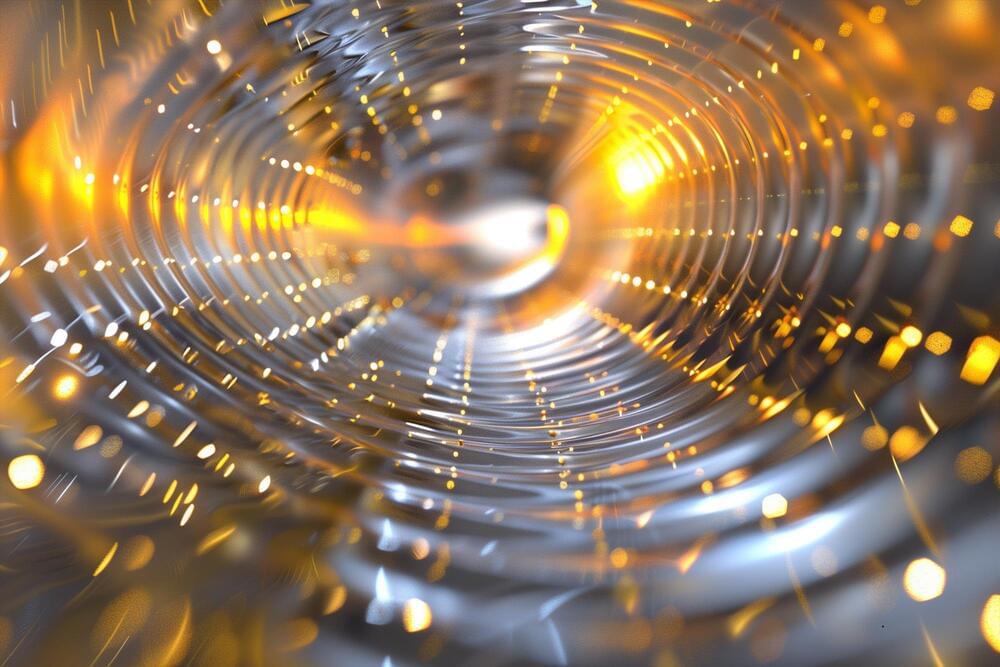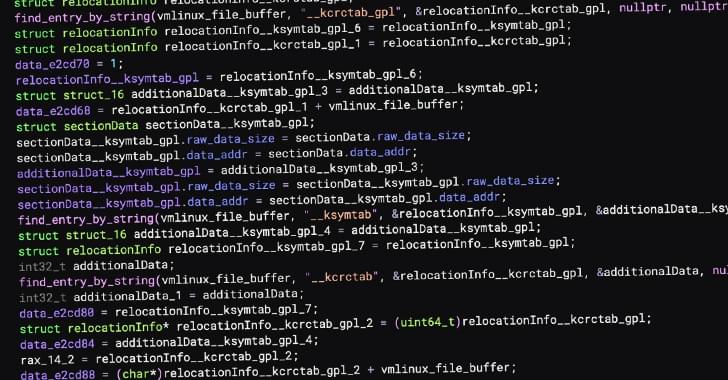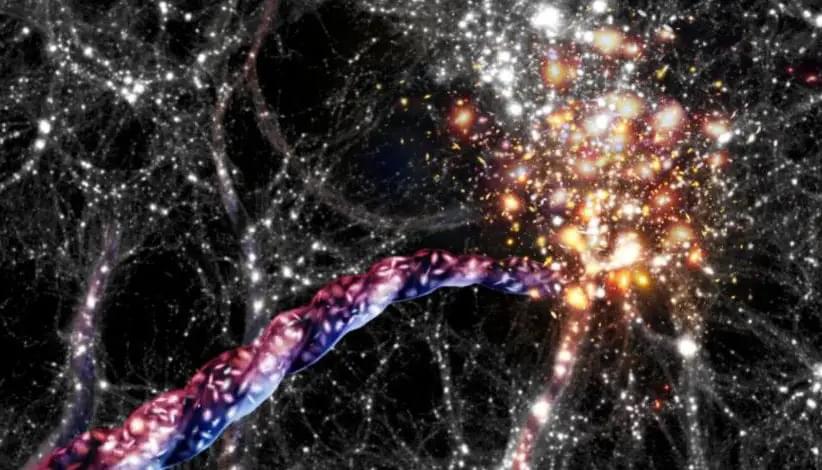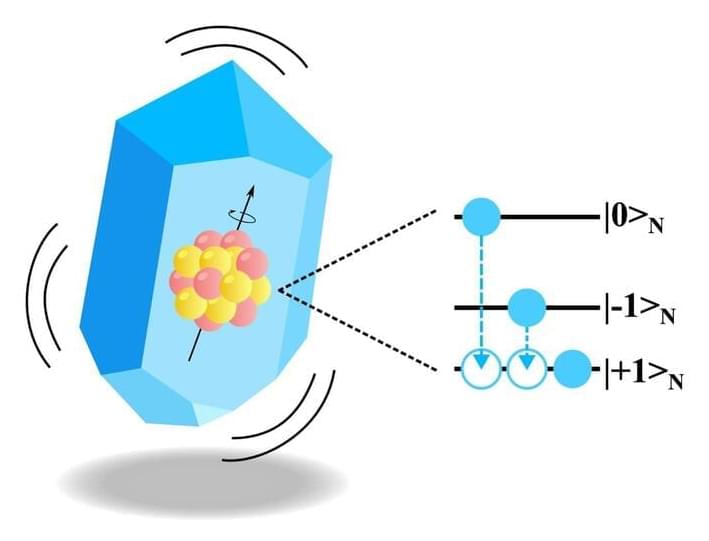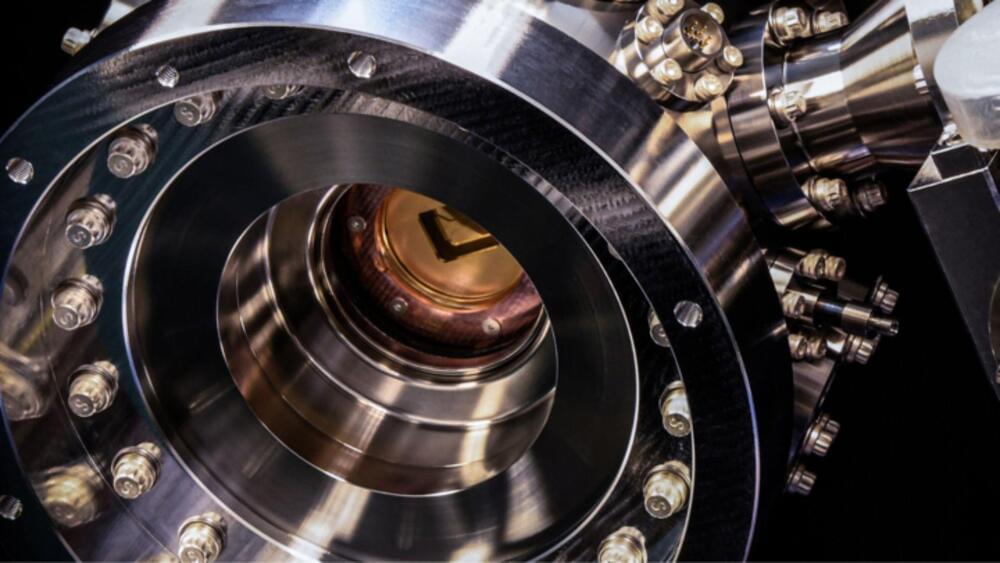Interim Intel co-CEO Michelle Johnston Holthaus announced that the first engineering samples of hardware manufactured with the company’s 18A semiconductor node have been delivered to customers. Her comments aim to reassure industry observers that Intel’s foundry business remains on track to compete with TSMC’s and Samsung’s 3nm and 2nm nodes starting next year.
At the Barclays Annual Global Technology Conference, Holthaus and co-CEO David Zinsner discussed Intel’s upcoming Panther Lake processors, which will debut the 18A process node upon their expected launch in the second half of 2025. Holthaus revealed that eight foundry customers have powered on ES0 (likely “Engineering Sample 0”) chips built on the 18A node, signaling significant progress compared to six months ago.
Intel released version 1.0 of the 18A process design kit in July, enabling customers to begin developing chips based on the node. In August, the company confirmed that internal samples of Panther Lake and Clearwater Forest processors, built on the 18A node, successfully powered on and booted Windows with satisfactory performance. The statements made at the Barclays event mark the first confirmation of 18A usage outside of Intel.

